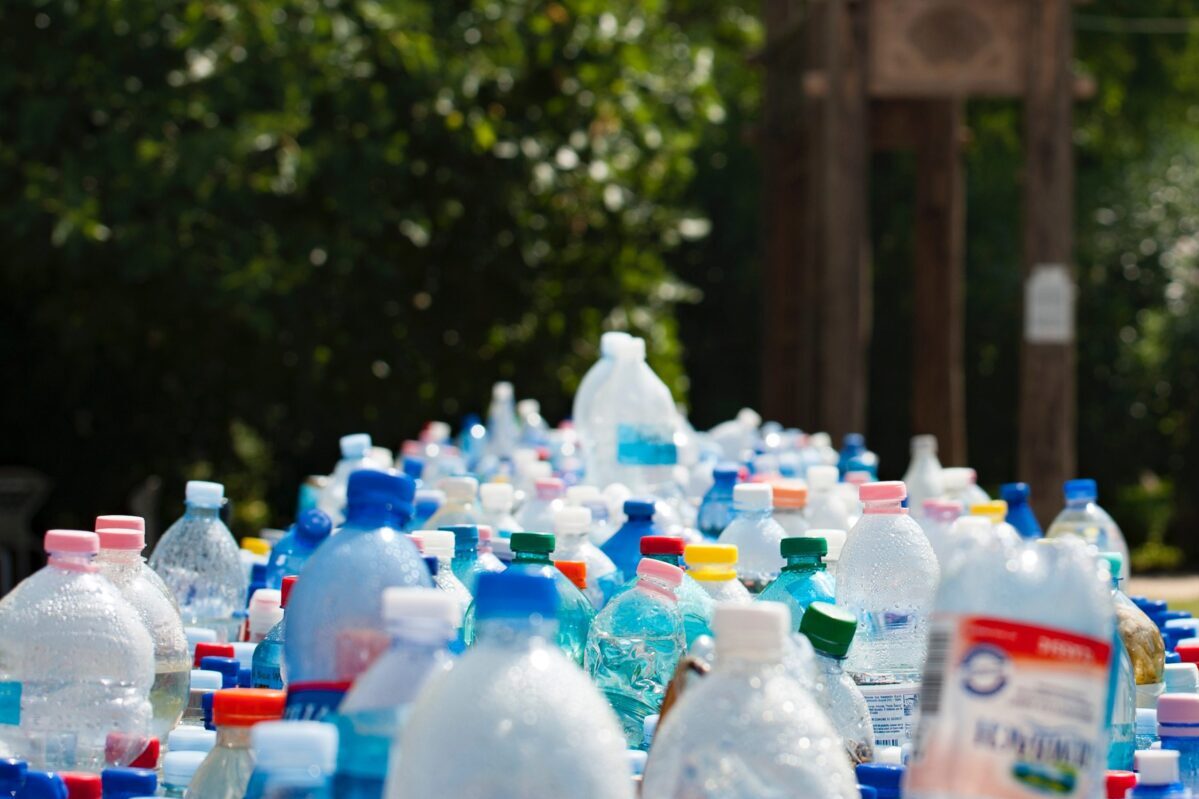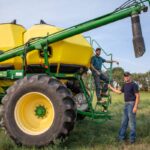Crops News
Tips to Help You Become an Eco-Friendly Vaper
It is undeniable that vaping is one of the most pleasurable activities, but this does not give you a license to be reckless. Unfortunately, plastic packaging, disposable vapes, and careless battery disposal can all be hazardous to the environment.
However, it is possible to become an environmental-friendly vaper by checking out the following tips from online vaping stores.
Avoid using disposable vape gadgets
Continuous disposal of vaping equipment could lead to the destruction of the environment since most people tend to discard into the …
Managing Nuclear Waste
One of the biggest energy sources in Canada Today is nuclear energy. Managing waste from energy sources may take a lot of work. All types of energy leave residue and waste, but among them, nuclear energy is the only industry that has a local waste management system.
According to Laurie Swami, the CEO of Nuclear Waste Management Organization, Canada’s plan is working to save future generations from the problem of managing nuclear waste. Plans, for now, may be short-term, but rest assured that nuclear wastes are being properly managed all throughout its entire …
The Straw Management System
One thing that farm owners should consider in maintaining the quality of their produce is their straw and residue management system. Having a well-managed system can lessen costs and spare owners from unnecessary expenses in the long run. To have uniformity and to maintain ethical standards, Alberta’s cereal groups and organizations have come up with a straw management guide.
Instead of allotting money for getting rid of unwanted straw growth, the straw management guide encourages farmers to learn how to assess relevant factors in managing straw effectively. …
Agriculture
-
Agricultural Advancement Through Smart Technologies
Alberta Innovates is an agency that aims to advance Alberta’s agriculture through the help of technology. According to Natisha Stashko, PhD, the executive director of Alberta Innovates, having farming operations adapt to today’s advanced tech is a way to reduce cost, increase production rates, and address shortages in terms of labor. Their company is planning to expand their innovation from the province of Alberta, then all throughout Canada.
Given that the agri-food industry is one of the biggest economic drivers in Alberta, it is about time for farmers to innovate and adapt to today’s changing needs and wants. Farming today is way more advanced than when it started generations ago—from manual labor to farming vehicles, and now, to smart technology. Alberta Innovates has started providing lectures and support to local farmers on how they can start their modern approach to farming.
Smart Agriculture crosses the bounds of traditional farming and modern equipment. It introduces new methods of hybrid farming, crop planning, fertilizing schedules and a lot more day-to-day agricultural activities through the use of smart techs such as Artificial Intelligence, Robotics, Automation, and Digital Solutions. Keeping the Agricultural sector up to date with technological advancement can benefit not just farm owners in the long run, but the whole community as well.
Enviroment
-
Soil: Lifeblood of Civilization
The entire agri-food industry is anchored on the soil quality in the country. Recently, there has been a problem with maintaining soil moisture levels in different parts of the country. Drought is likely to happen if this continues.
Luckily, there are organizations that are keen on studying soil science and are committed to maintaining good-quality soil. The Greenbelt foundation is basically the guardian of Ontario’s so-called Greenbelt—it is the most biologically-diverse area in the country. In promoting soil health, farmers should learn proper methods of shifting crops, planting, and choosing fertilizers.
Soil is a very delicate resource that needs as much attention as water. Poor soil quality will affect the food supply and may cause trouble both for the economy and the environment. The Greenbelt foundation aims to protect soil viability. Through this, they can help farm businesses improve and it can also benefit the food industry.
Maintaining the quality of the soil doesn’t have to cost much. When done properly and regularly, organic fertilizers such as natural farm waste and residue can be used. In fact, most farms do not use chemically induced fertilizers because they believe that organic fertilizers make the best quality produce.










